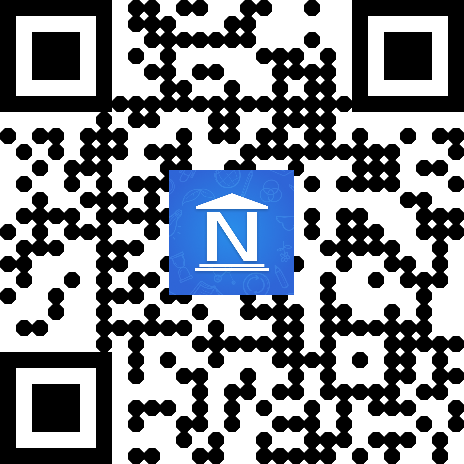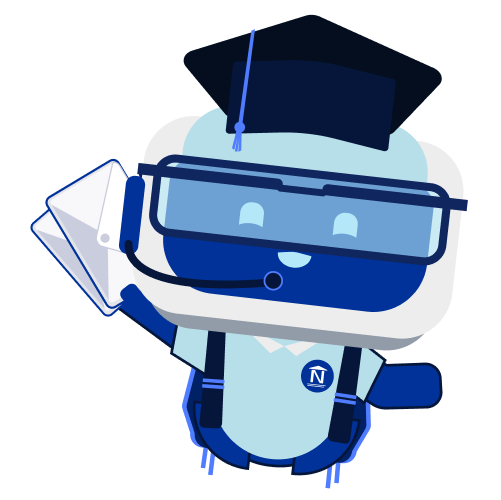Gain insight into social justice to support and empower individuals, families and communities.
Community-based partnerships and research opportunities support you to develop an understanding of current and emerging areas of best-practice. You will also take part in workplace practicums to gain hands-on experience in the social service field while also building your professional network.
Program Highlights
NIC’s Human Services department and its programs are part of the Vancouver Island Collaborative Agreement which ensures high quality instruction, programming and transferability throughout BC. NIC's Social Services diploma links with Vancouver Island University, Camosun College and the University of Victoria. You are able to earn transfer credits toward social work or child and youth care degree programs. NIC's Human Services department also works closely with community agencies to ensure course content is current, relevant and valued by employers in the field.
Using an anti-oppressive feminist framework, the first year includes a number of specific courses in interpersonal communications, social work practice, social policy and advanced interpersonal communications. It also includes university studies classes which can be chosen from a variety of different areas, including but not limited to, sociology, psychology, criminology, history, women's studies, First Nations' studies, and equity and social justice to name a few.
In the second year, you can choose specialized courses in social services including family relationships; group practice; addictions; conflict resolution; community development; mental health and addictions; program planning and implementation; law; and social services.
Career Opportunities
As a graduate, you will be qualified to work with individuals accessing services from agencies in areas such as financial assistance, family support, employment, life-skills acquisition, services to women, youth justice, mental health, substance abuse and a variety of other community-based programs.
Job titles may include, but would not be limited to, family support worker, outreach worker, transition house counsellor, employment counsellor, addictions support worker, youth worker, community development worker, crisis intervention counsellor and mental health worker.
Diploma in Social Service
About Program
Syarat Pendaftaran
- English Language Proficiency
- TOEFL : 80 (with no subsection less than 19)
- IELTS : 6 (no band lower than 5.5)
- PTE Academic : 54 (with no component less than 46)
- Academic Score/Qualifications
- High School (Students must be 18 years of age or older within the calendar year in which they are applying to study)
Documents
Jenjang Pendidikan
2 Years Diploma (D2)
Jurusan
Social Sciences
Masa Studi
Full Time (2 years)
Biaya Pendidikan
CAD 18,609/tahun
| Intake | Batas pendaftaran |
|---|---|
| Sep | - |
Profil
Hidden, yet the best destination of Canada! North Island College (NIC) is a public college which offers a wide range of programs including certificates, diplomas, business degree, and post degree diplomas. Study in the picturesque Comox Valley, Campbell River, or Port Alberni where adventure and quality education await you—Vancouver Island is truly a world class tourism destination.
At NIC, our class s are small and tuition affordable. With an exclusive array of transfer agreements, NIC is also a great place to start your studies and transfer seamlessly to university. NIC is your destination college. Explore Canadian life in a beautiful and friendly community surrounded by mountains and ocean. Take advantage of affordable living on beautiful Vancouver Island. Experience the great outdoors, art, and music throughout the year. Enhance your English language skills in Canadian academics and life. Students can begin their University Pathway at NIC and transfer seamlessly to top universities in Canada. Complete the first two years of university degree while saving money at NIC. Transfer smoothly with dual admissions or guaranteed admissions. Leverage on NIC’s partnerships with many universities across the world.
Your pathway to career success begins at NIC. Develop work-related skills through co-op, internship, or practicum. Access many part-time job opportunities during study. Network with industry leaders and advance towards career opportunities after graduation. NIC employment advisors are ready to assist in your career exploration. Be supported in your student life from arrival through graduation. Learn to succeed in small-class learning environments. Be inspired by our expert instructors with diverse experience. Maximize your potential in an inclusive learning community. Tap into study hub with peer-tutoring and math, writing & research support. Consult with NIC’s Regulated International Student Immigration Advisors. Know that NIC provides student guidance and counselling services for both academic and personal assistance. NIC programs – Your Journey Begins Here! Associate of Arts, Sciences and Engineering with Guaranteed Admission to University of Victoria Business Administration Certificate, Diploma, Degree options Business Administration Post Degree Diploma (1 or 2 year options (General Management, Accounting, Marketing, Global Business Management, Pre-Professional Accounting) Early Childhood Education, Social Services and Human Services Diploma DIGITAL Design + Development Certificate, Diploma, Advanced Diploma and Post-graduate Diploma Fine Arts Diploma Culinary Business Certificate or Diploma Adventure Guiding, Tourism and Hospitality Certificate, Diploma, Advanced Diploma Trades & Technical Certificate or Diploma.
Keunggulan
- Seamless transfer from diploma or associate degrees to TOP universities for Bachelor's degree programs.
- Low tuition cost for high quality education: Same courses, lower fees.
- Work-integrated learning that provides meaningful education for future opportunities.
- Caring college community that support you in academics, mental wellness and employment.
- Most beautiful, friendly and safe destination in Canada surrounded by mountains and ocean.












